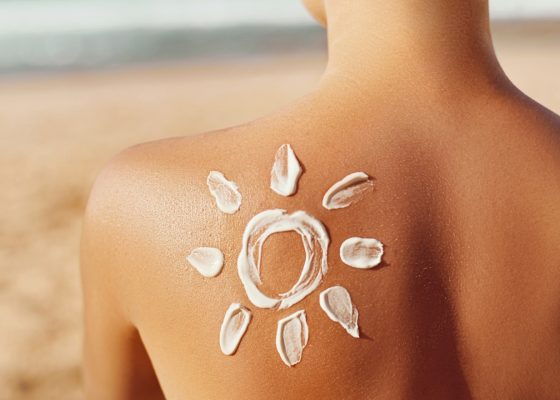The regulator says it will take regulatory action against any misleading claims ‘as required’.
The Therapeutic Goods Administration has announced it will investigate the findings made by CHOICE in its report on the SPF claims of 20 sunscreens available in Australia, and will take regulatory action “as required”.
Earlier this month CHOICE released the results of its testing of 20 sunscreens that found only four products lived up to their claims of SPF ratings.
Using 10 adult volunteers and a calibrated “solar simulator”, CHOICE applied incremental doses of light to both protected and unprotected skin, compared the pair as well as a control sunscreen with a known SPF.
“Of the 20 sunscreens we tested, only four managed to match their SPF claims. Sixteen of the 20 sunscreens we tested failed,” said CHOICE.
“Those failures ranged from a claimed SPF 50+ that actually tested at an SPF of just four, all the way through to results in the 20s, 30s and 40s.”
The four sunscreens which passed the test were:
- Cancer Council Kids Sunscreen SPF 50+ passed with a reported SPF of 52;
- La Roche-Posay Anthelios Wet Skin Sunscreen 50+ passed with a reported SPF of 72;
- Mecca Cosmetica To Save Body SPF 50+ Hydrating Sunscreen passed with a reported SPF of 51;
- Neutrogena Ultra Sheer Body Lotion SPF 50 passed with a reported SPF of 56.
The TGA announced that it would be investigating the findings.
“[We] will take regulatory action as required,” said the TGA announcement.
“We note that several of the products in the CHOICE report provided results in the range of SPF 30.
“Consumers are advised that SPFs in the range of 30 to 59 provide ‘High protection’, while an SPF of 60 or higher (SPF 50+) provides ‘Very high’ protection.
“Therefore, products with an SPF of 30 are effective to use.”
In Australia, sunscreens are regulated as either cosmetics or therapeutic goods depending on multiple factors, such as ingredients, health claims and claimed SPF.
“Sunscreens with a primary purpose of UV protection are considered to be therapeutic goods and are regulated by us to ensure their safety, quality and efficacy,” said the TGA.
“It is a requirement under therapeutic legislation that statements on sunscreen labels are truthful and not misleading.
“It is also a legislative requirement that a sponsor of a therapeutic sunscreen product holds evidence that supports the SPF claim they make at the time they include the medicine in the Australian Register of Therapeutic Goods (ARTG).”
The TGA pointed out that the current universally accepted method of testing sunscreen SPF was with human subjects.
“It is a known issue that there is variability in SPF testing results across laboratories because testing on humans can be highly subjective and the response to a test can differ dramatically from one individual to another,” said the regulator.
“While progress is being made internationally toward in-vitro sunscreen testing (e.g. not on human subjects), which will improve consistency of results, these methods are not yet in place.
“The TGA does not conduct human or animal testing. Where necessary, the TGA has outsourced SPF testing to accredited laboratories.”
Professor Vipul Bansal, founding director of the Sir Ian Potter NanoBioSensing Facility at RMIT University, said there was a significant amount of variability associated with current approaches to sunscreen testing.
“The people involved can have different skin tones that can affect the results, and at times the method is subject to interpretation. There are also significant ethical concerns as it requires human subjects to be exposed to unnecessary UV radiation,” the materials chemistry and nanobiotechnology expert told media.
“The CHOICE report shares interesting findings and it raises some questions about what could have potentially gone wrong with SPF testing.”





